
Have you ever thought to yourself, “I’ll bet that’s true,” before you had all the facts? Most people probably have at some point.
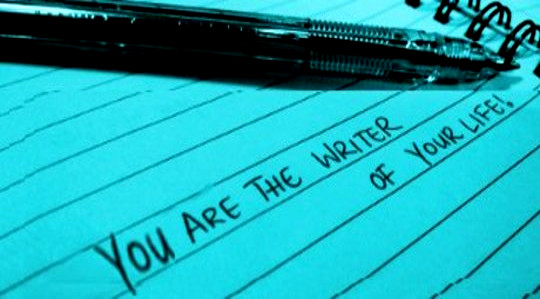 Many of us look back and wish that we had spent more time doing what we enjoy and less time doing what we felt we had to do. You may have some strong ideas about what you would like to change in your life. However, you may not know how to write a better script for your personal story...
Many of us look back and wish that we had spent more time doing what we enjoy and less time doing what we felt we had to do. You may have some strong ideas about what you would like to change in your life. However, you may not know how to write a better script for your personal story...
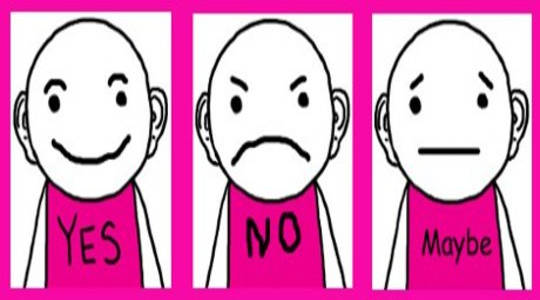 Maybe I will get to that, maybe I like that, maybe I can do that. “I will think about that” is a maybe too. Maybe later. I consider most of our maybes as another way of saying I don’t know, and another way of putting life on hold.
Maybe I will get to that, maybe I like that, maybe I can do that. “I will think about that” is a maybe too. Maybe later. I consider most of our maybes as another way of saying I don’t know, and another way of putting life on hold.
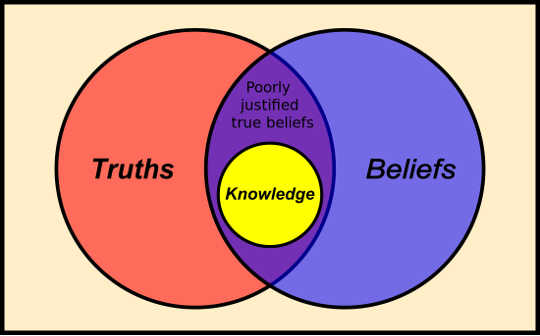 How do you know if you are thinking rationally? Epistemology is about understanding how we come to know that something is the case, whether it be a matter of fact or a matter of value...
How do you know if you are thinking rationally? Epistemology is about understanding how we come to know that something is the case, whether it be a matter of fact or a matter of value...
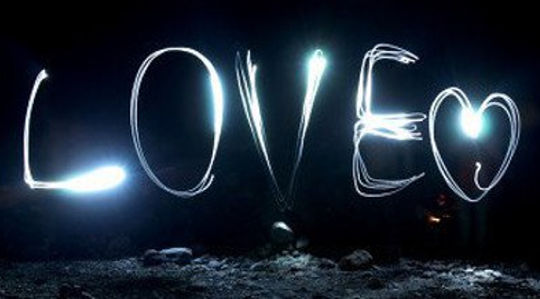 Imagine... a world where any time you inflicted pain, whether physical or emotional, unto any other being you would immediately feel the same pain. Such was the situation in a science fiction story entitled Rule Golden...
Imagine... a world where any time you inflicted pain, whether physical or emotional, unto any other being you would immediately feel the same pain. Such was the situation in a science fiction story entitled Rule Golden...
 Assumptions are thoughts in the mind that define us and limit us. But the strangest thing about these assumptions is that they are not even there. They are really just groups of thoughts, glued together by our assumption that they are true. And yet they seem to cause so much pain and suffering...
Assumptions are thoughts in the mind that define us and limit us. But the strangest thing about these assumptions is that they are not even there. They are really just groups of thoughts, glued together by our assumption that they are true. And yet they seem to cause so much pain and suffering...
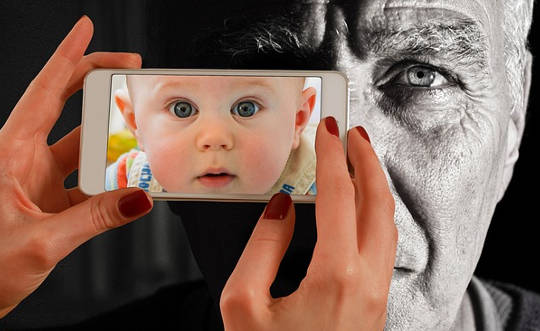 The funny thing about reality is that you can only get so close to it. Our senses compose an interface between our brains and the universe, a reality interface. Everything we experience and everything we are and ever will be are ultimately derived from sensory input.
The funny thing about reality is that you can only get so close to it. Our senses compose an interface between our brains and the universe, a reality interface. Everything we experience and everything we are and ever will be are ultimately derived from sensory input.
 We are spend a lot of time thinking about the future. We create idealistic dreams. "The Right Man/ Woman will appear. He/she will understand me perfectly." "This job will fulfill me completely." As a result, we develop unrealistic expectations that leave us...
We are spend a lot of time thinking about the future. We create idealistic dreams. "The Right Man/ Woman will appear. He/she will understand me perfectly." "This job will fulfill me completely." As a result, we develop unrealistic expectations that leave us...
 The mark of true wisdom is twofold: First, it encompasses every aspect of our being, body, mind, and spirit. It touches our personal lives as well as our relationships with family, community, and the world.
The mark of true wisdom is twofold: First, it encompasses every aspect of our being, body, mind, and spirit. It touches our personal lives as well as our relationships with family, community, and the world.
 The term demoralization was originally coined in the 1970s by a psychiatrist who was seeing patients that didn’t quite meet full criteria for major depression. Nonetheless, they were suffering – in a shared state of emotional distress and sense of incompetence.
The term demoralization was originally coined in the 1970s by a psychiatrist who was seeing patients that didn’t quite meet full criteria for major depression. Nonetheless, they were suffering – in a shared state of emotional distress and sense of incompetence.
 Everything in life comes from practice. No matter how small or inconsequential we think it is, everything we do, from brushing our teeth to getting through a scary job interview, comes from practice, the deliberate repetition of an action with an awareness of what we want to achieve.
Everything in life comes from practice. No matter how small or inconsequential we think it is, everything we do, from brushing our teeth to getting through a scary job interview, comes from practice, the deliberate repetition of an action with an awareness of what we want to achieve.
- By Maria Felipe
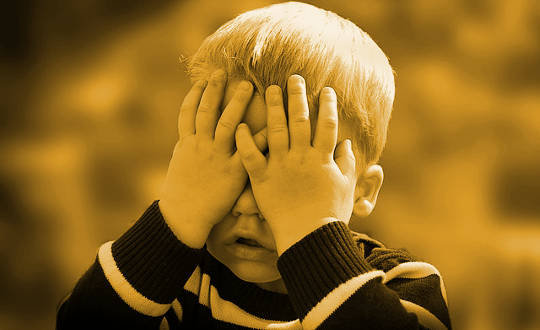 In the beginning, there was perfect happiness. Sometimes this state is referred to metaphorically as the Garden of Eden, but it’s really a state of mind that’s pure bliss. No judgments, sadness, anger, or sickness existed...only love.
In the beginning, there was perfect happiness. Sometimes this state is referred to metaphorically as the Garden of Eden, but it’s really a state of mind that’s pure bliss. No judgments, sadness, anger, or sickness existed...only love.
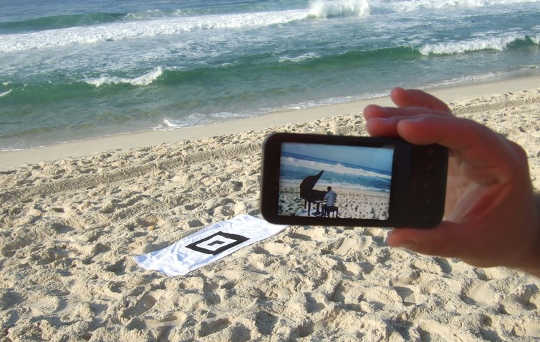 A Russian man was recently given a three-and-a-half year suspended sentence for inciting religious hatred. His crime?
A Russian man was recently given a three-and-a-half year suspended sentence for inciting religious hatred. His crime?
- By Marc Allen
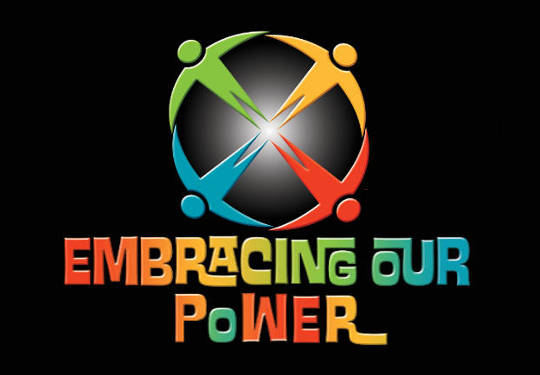 We are finding new ways to live in the world, and new ways to relate to one another. This awakening comes at a critical time, for the old thinking that still dominates most governments, politics, and business as usual has created huge dinosaurs that are rapidly becoming extinct.
We are finding new ways to live in the world, and new ways to relate to one another. This awakening comes at a critical time, for the old thinking that still dominates most governments, politics, and business as usual has created huge dinosaurs that are rapidly becoming extinct.
 I began a course of chemotherapy that was supposed to last forty-eight weeks. The one still point in this turning world was the Buddhist practice I had been cultivating for fifteen years. This practice had steadied me through major crises in my life, providing a reliable base point to which to return, no matter what else was going on.
I began a course of chemotherapy that was supposed to last forty-eight weeks. The one still point in this turning world was the Buddhist practice I had been cultivating for fifteen years. This practice had steadied me through major crises in my life, providing a reliable base point to which to return, no matter what else was going on.
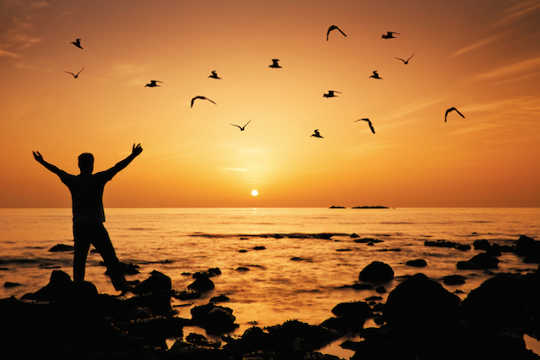 Twenty-five years ago, as a young adult, circumstances felt as if they had spun out of control, and I was so emotionally frayed that everyday activities (such as washing dishes) overwhelmed me. Depression, insecurity, fear, guilt, and anger dominated my terrain.
Twenty-five years ago, as a young adult, circumstances felt as if they had spun out of control, and I was so emotionally frayed that everyday activities (such as washing dishes) overwhelmed me. Depression, insecurity, fear, guilt, and anger dominated my terrain.
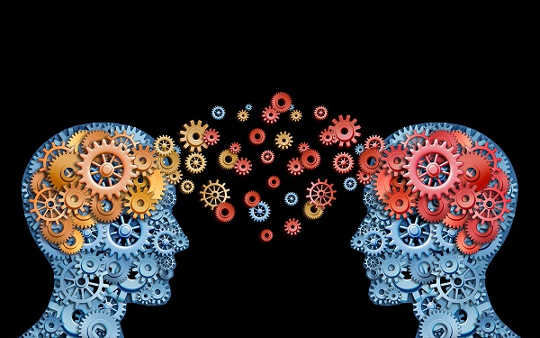 As our Western lifestyles have become increasingly complex, there has been an exponential growth of interest in personal and spiritual development.
As our Western lifestyles have become increasingly complex, there has been an exponential growth of interest in personal and spiritual development.
- By Karen Casey
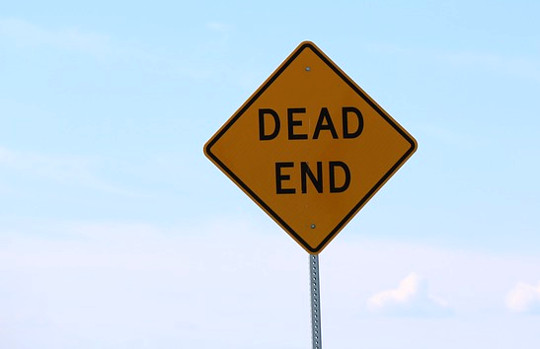 One of the most helpful tools I have received from A Course in Miracles is the suggestion to seek the Holy Spirit’s help by asking this tiny question: "Please help me see this differently." The very first time I sought His help, I received instant relief from my incessant drive to control whatever had nabbed my attention.
One of the most helpful tools I have received from A Course in Miracles is the suggestion to seek the Holy Spirit’s help by asking this tiny question: "Please help me see this differently." The very first time I sought His help, I received instant relief from my incessant drive to control whatever had nabbed my attention.
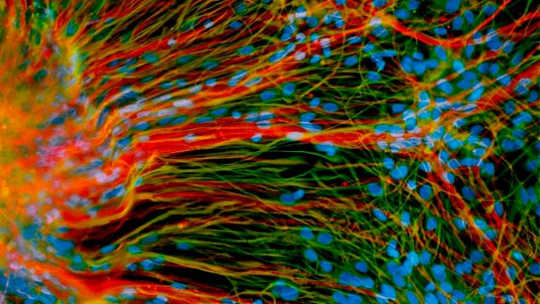 We live in interesting times. In addition to everything else going on in the Western world, there's a spiritual awakening quietly taking place, and right at its heart lies the discovery of that program within us
We live in interesting times. In addition to everything else going on in the Western world, there's a spiritual awakening quietly taking place, and right at its heart lies the discovery of that program within us
 What you see as your life story is only a story. It’s your experience. You are not just your story. You are more than that. You can unlearn the errors that cause you suffering and stress, and free yourself to greater life...
What you see as your life story is only a story. It’s your experience. You are not just your story. You are more than that. You can unlearn the errors that cause you suffering and stress, and free yourself to greater life...
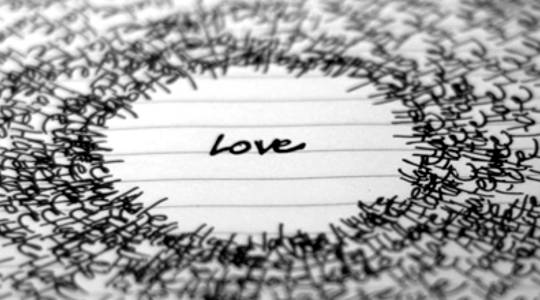
Normal is coming unhinged. For the last eight years it has been possible for most people (at least in the relatively privileged classes) to believe that society is sound, that the system, though creaky, basically works, and that the progressive deterioration of everything from ecology to economy is a temporary deviation from the evolutionary imperative of progress.
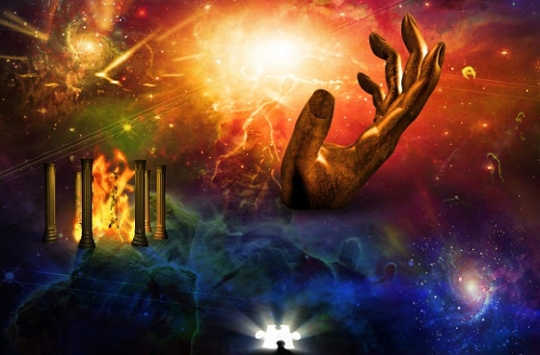
Forget about mindfulness and clean eating – at a time when we appear to be experiencing rising levels of anxiety, narcissism and unhappiness, existentialism may be the philosophy to adopt to improve your mental well-being. ![]()
 It’s notoriously difficult to gauge how often people are willing to offer someone a bribe to get what they want.
It’s notoriously difficult to gauge how often people are willing to offer someone a bribe to get what they want.












